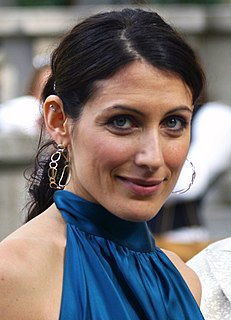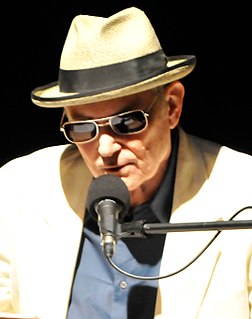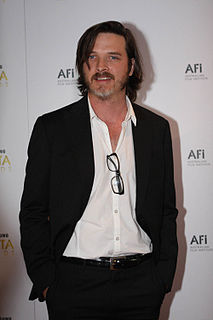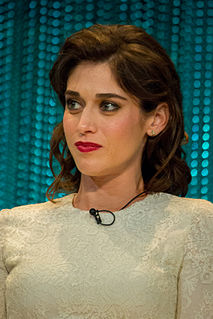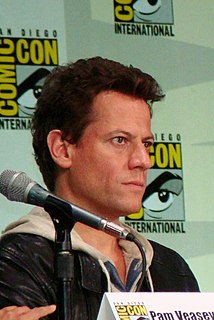A Quote by Shonda Rhimes
The way I write my shows, every character is its own organic thing. No character has a life at all until I see it played by somebody.
Related Quotes
When you are writing, you have to love all your characters. If you're writing something from a minor character's point of view, you really need to stop and say the purpose of this character isn't to be somebody's sidekick or to come in and put the horse in the stable. The purpose of this character is you're getting a little window into that character's life and that character's day. You have to write them as if they're not a minor character, because they do have their own things going on.
The first thing that happens is the cleansing of the former character. I don't think a lot of actors talk about it, but there is usually a process where you essentially purge yourself of the character played prior to the movie. Then you want to think about what the character represents, and you write down all of the elements about this character and then take the time to find some synchronicity and start breathing the character.
I do think that people get really emotionally involved in the TV shows that they love and I think that is fantastic. Of course they are going to have opinions. The other thing is that people project onto their television shows. They see a character and layer on many traits that are actually their own or their idea of what that character is.
Not every character that you play is going to be somebody that you like or love, but every character that you play has a story that is worth telling. If you're not the person to tell it, that's one thing. But if you don't want to tell it because you are afraid of the unpopularity of the character, I view that as a missed opportunity.
When I'm writing, I try to have the mask of my character on as I'm walking through the world. When I'm not at my desk, the rest of the time, I try to stay in that character and see the world the way that character would It's almost like method acting in a way — keeping the character close the way the actor keeps a script close and always tries to be in character.
When I went to the University of Iowa in order to be a writer, I thought, This is the worst way to learn how to write. To sit in a room with a bunch of would-be writers, who want to write the Great American Novel, every one of them, and you read their stories and they read yours, and you're not living a life. I don't like that. I like learning on the job. The character of my work has definitely evolved from the character of my life.
The (Sir Arthur Conan Doyle) stories were great, for one. The thing that makes him a remarkable character is how he can withstand all of these different interpretations and different styles and, that's what makes a classic character a classic character; they keep coming back and you see them in a new way every time.
I believe that every character is a setting, a world with moving parts, and on the other hand, every setting is, in fact, a character - a living breathing thing with personality and backstory. The way stories come to life, at least for me, is when these elements commune in relationship to one another.
It's really an organic sort of process. You start off with the character on the page. You fall in love with that character and you have to represent that character well and I think it's just an evolution there. Using the accent and speaking the lines with the accent in fact opens the door to who the character really is.



